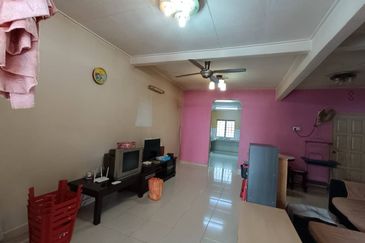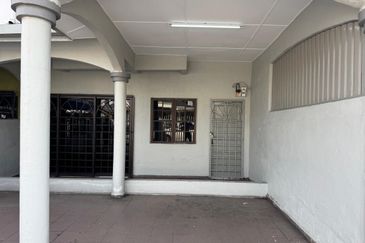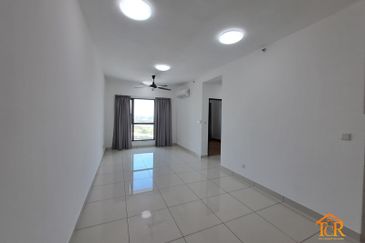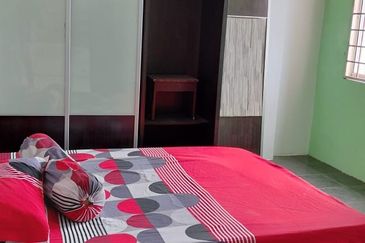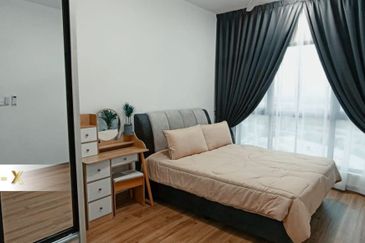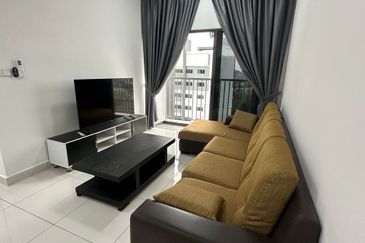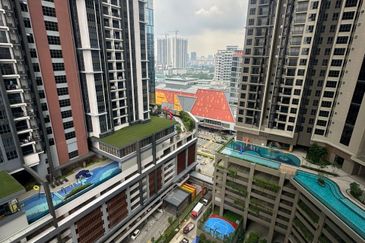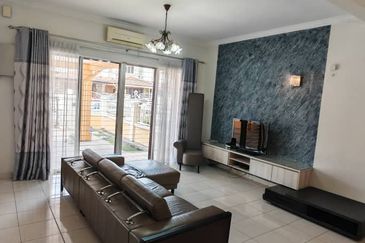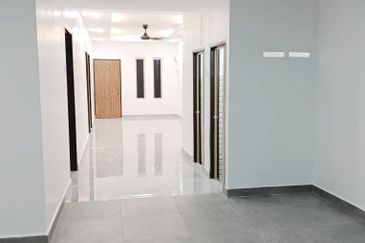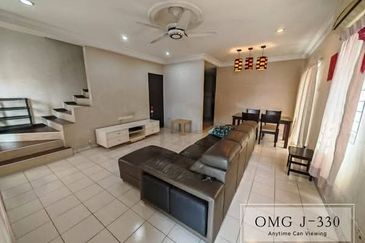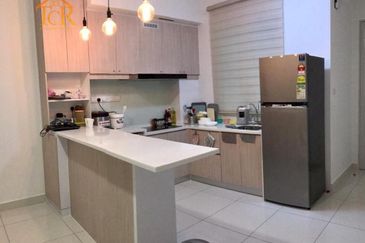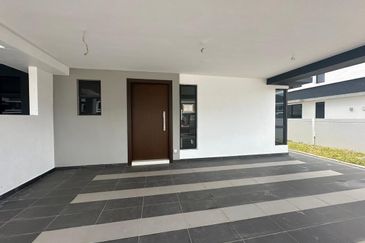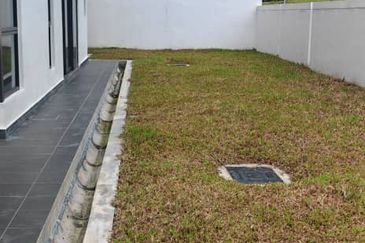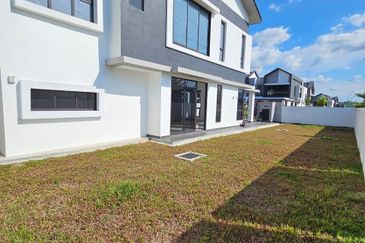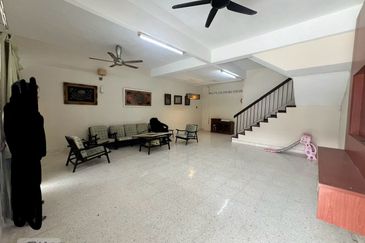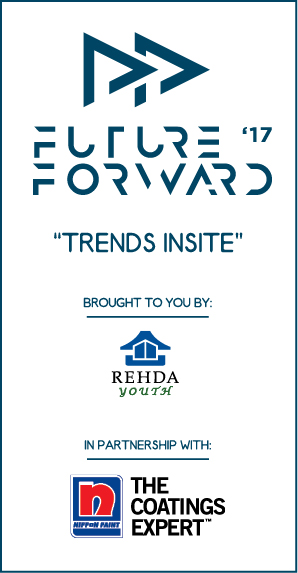 Many companies today cite sustainability as one of their business goals — some take it even further and make sustainability their business.
Many companies today cite sustainability as one of their business goals — some take it even further and make sustainability their business.
Needless to say, integrating sustainability in a business takes holistic planning in all aspects of the business from beginning to end — from site selection, material selection and design of the product to end-user delivery.
One company that has taken this approach to sustainability is Swedish home furnishing retailer IKEA as seen in the evergreen design of its products and the way it attracts customers to continuously revisit its stores.
The existing two stores in the Klang Valley — IKEA Damansara and IKEA Cheras — have attracted close to 10 million visitors in 2016. Online, there are over one million Facebook fans following IKEA’s movements and new promotions in the country. Its third and fourth stores in the country are slated to open at the end of this year in Johor and early 2019 in Penang.
At the Future Forward Forum 2017 on Sept 7, IKEA Southeast Asia (Singapore) head of sustainability Dr Lee Hui Mien said the IKEA brand’s popularity is mainly driven by just one basic principle — to create a better everyday life for the people.
“It all begins on the drawing board where we take a democratic approach in our product design,” Lee told the audience during her talk entitled “The IKEA way of integrating sustainability in everyday business” at the forum organised by Rehda Youth, the Youth division of the Real Estate and Housing Developers’ Association Malaysia, in partnership with Nippon Paint Malaysia. EdgeProp.my was the official media partner.
This means that every product has to fulfil the company’s five criteria including form (beautifully designed with Scandinavian feel), function (convenient and inspirational), quality (long-lasting for at least 20 years), sustainability (resource-efficient and environmentally friendly) and low price (cost-consciousness).
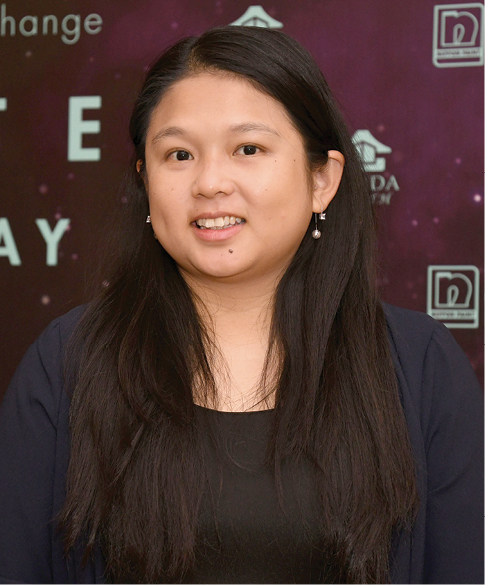
“We want to create well-designed, long-lasting products that are affordable to most people. In terms of shopping experience, we aim to create a healthy environment that could give consumers a very different customer experience,” she noted.
The same concept also applies to its store management and construction of new stores where 12 principles are followed. These principles include site selection, use of renewable energy, strong commercial offer, lowest carbon emission, good neighbour, zero waste, change agent, sustainable building material and sustainable operations.
All the principles are interrelated and complement each other towards achieving the goal of business popularity as well as being sustainable and environment-friendly. For instance, in site selection, the company will focus on locations that could offer renewable energy and ample human resource. It should also be a place that enables customers to travel to the store at the lowest carbon emission, with proximity to existing or future public transportation system.
In the construction process, sustainable building materials are used while emphasis is given to the minimal use of energy and water. For instance, the company has set a target that its buildings strive to achieve the LEED platinum and a minimum LEED gold or the local equivalent green-building certification standard.
IKEA also adopts life-cycle costing for all its new project investments to maximise their long-term potential in cost and sustainability.
The company also aspires to be a good neighbour in the local community that it operates, by offering convenience and a wide range of functional products to households and making the store itself a meeting place for everyone.
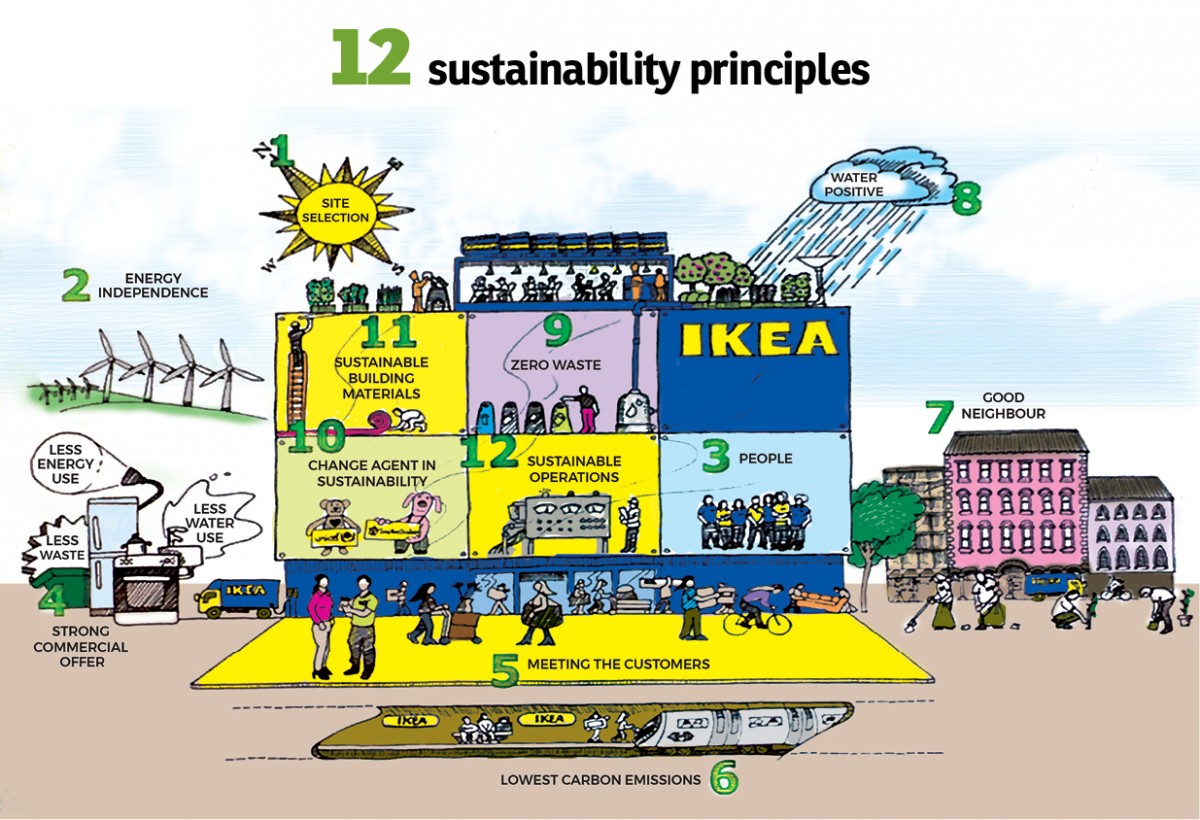
Creating a positive impact on society
While IKEA’s model may not suit other companies, its three arching principles could serve as a guide: protecting the environment, promoting a better society and making better business.
“IKEA as a brand stands for a lot of things; it is a strong and powerful brand that is easily relatable to the things that help improve people’s lives,” Lee told EdgeProp.my.
Having been with IKEA Singapore for over five years, Lee is happy to see the company forming a positive impact on society with its unique philosophy.
However, she admitted that the company faces different challenges in realising its sustainability goal in different countries. For instance, in Malaysia, the challenges include the lack of infrastructure in waste management and renewable energy.
“Turning waste into energy is not common in Malaysia. We are looking at introducing innovative projects or ideas and work closely with the Swedish embassy to look at how we can be a pioneer in this area,” she offered.
The upcoming IKEA Tebrau in Johor Bahru is slated to start operation by year end while IKEA Batu Kawan in Penang will open in 1Q19.
“By and large, IKEA is a popular brand in Malaysia. Johor Bahru residents know about this brand through IKEA Singapore while the northern region shoppers know about IKEA through existing stores in the Klang Valley. Both southern and northern region shoppers are enthusiastic about IKEA’s arrival,” remarked Lee.
This story first appeared in EdgeProp.my pullout on Sept 29, 2017. Download EdgeProp.my pullout here for free.
TOP PICKS BY EDGEPROP
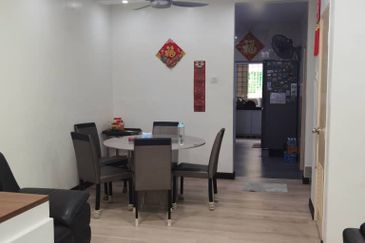
Bandar Botanic
Bandar Botanic/Bandar Bukit Tinggi, Selangor
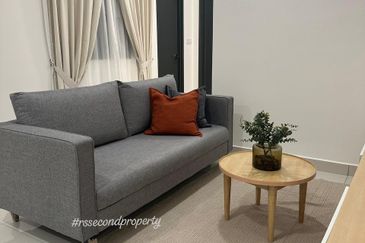
Edusentral @ Setia Alam
Setia Alam/Alam Nusantara, Selangor
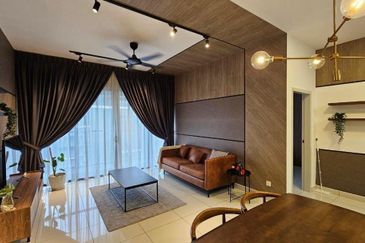
Setia City Residences @ Setia City
Setia Alam/Alam Nusantara, Selangor
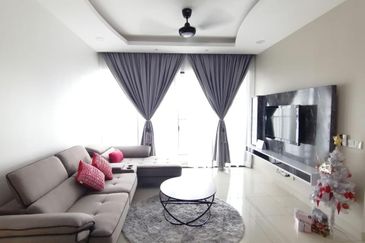
Setia City Residences @ Setia City
Setia Alam/Alam Nusantara, Selangor
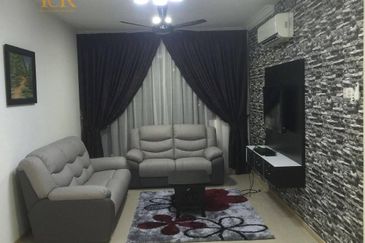
Vista Alam Serviced Apartment
Shah Alam, Selangor


